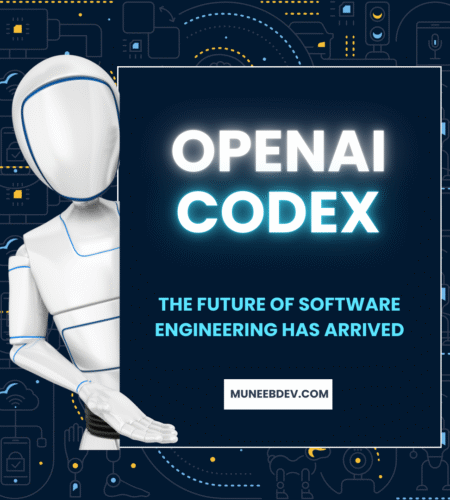In a landmark advancement for artificial intelligence and software engineering, OpenAI has officially released Codex, a sophisticated AI system designed to translate natural language commands into functional code. Touted as a revolutionary leap in developer productivity, Codex is poised to redefine the way software is built, learned, and maintained.
OpenAI Codex, which powers GitHub Copilot, is trained on a diverse range of public programming code and natural language, allowing it to understand and generate code in over a dozen programming languages. Most notably, it performs exceptionally well in Python, JavaScript, TypeScript, Ruby, and Go. The system is built on the same foundation as GPT-4, fine-tuned specifically for code generation tasks.
Key Features and Capabilities
Codex enables users to describe programming tasks in plain English, which the model then converts into executable code. This functionality significantly lowers the barrier for non-programmers to create software and automates routine tasks for experienced developers. By integrating with popular development environments such as Visual Studio Code, Codex offers real-time coding suggestions, bug fixes, and documentation support.
The model can assist in tasks ranging from simple data analysis scripts to more complex web application frameworks. Its ability to autocomplete entire code blocks and suggest context-aware solutions makes it a valuable tool for increasing development speed and reducing errors.
Impact on the Software Industry
The release of Codex is being hailed as a pivotal moment in the evolution of artificial intelligence in software engineering. Industry experts believe that Codex will democratize access to programming, enabling individuals from diverse educational backgrounds to build functional applications.
For businesses, Codex promises increased operational efficiency. Developers can spend more time on strategic and creative aspects of software design, while the AI handles repetitive or syntactically demanding tasks. Companies that integrate Codex into their workflows may experience faster project turnaround times and reduced development costs.
Challenges and Ethical Considerations
Despite its potential, Codex also raises important questions about code security, intellectual property, and reliance on AI-generated code. Critics warn of the dangers of using unvetted code suggestions, which could introduce vulnerabilities or propagate outdated practices. OpenAI has responded by incorporating filters and recommending human oversight to validate and review all outputs.
Furthermore, there are ongoing discussions about how Codex was trained using public code repositories, raising issues around software licensing and consent. OpenAI maintains that it is committed to addressing these concerns in collaboration with the developer community and legal experts.
Conclusion
OpenAI Codex represents a major stride in artificial intelligence and its application in software development. By bridging the gap between human language and programming logic, it has the potential to reshape how developers work, how software is created, and who gets to participate in the coding process. As AI continues to evolve, tools like Codex offer a glimpse into a future where human creativity is amplified by machine intelligence—ushering in a new era of accessible and accelerated software innovation.



